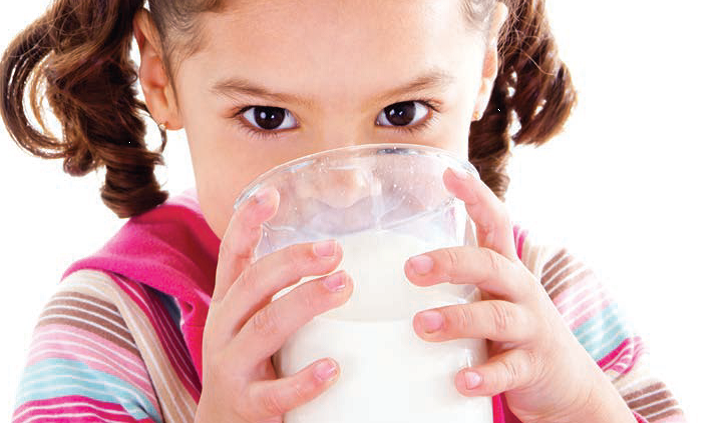
Fat soluble vitamins

Vitamin A found in foods that come from animals and is called "retinol"; it's one of the most active forms of vitamin A
Vitamin A found in fruits and vegetables is called ‘provitamin A carotenoid’, which can be cleaved into retinol in the body; the carotenoid ‘beta-carotene’ is most efficiently converted into retinol, making it an important vitamin A.
Vitamin A (retinol) intake is essential for: 
1. Better vision (especially night vision)
2. Growth and development – it’s involved in the genetic regulation of cell and tissue formation, programming, and communication needed for reproduction; and for the proper development of the embryo in the womb
3. Immune function – it helps to protect against infections by ensuring the effectiveness of mechanical barriers (like skin), and increasing the production and efficacy of protective cells (eg lymphocytes)
The sun is our major vitamin source, however we never get it so much as needed and several factors reduce the production of vitamin D in the skin. Because of that vitamin D3 (cholecalciferol) was created, which is useful:
1. Maintain healthy blood levels of calcium and phosphorus
2. Build and maintain healthy bones
3. Control cell division and specialization
4. Modulate the immune system.
MORE INFORMATION ABOUT VITAMIN D - LEAFLET
Vitamin E is essential to health and plays an important role in supporting brain, eye, cardiovascular, maternal and infant health, as well as protecting the skin.

More information about Vitamin E You will find in the LEAFLET
Vitamin K is a fat-soluble vitamin that occurs naturally in two forms: Vitamin K1 (phylloquinone), found in plants; and ‘vitamin K2’, the group of compounds called ‘menaquinones,’ mainly found in dairy products. Vitamin K is best known for its role in helping blood to clot (coagulate) properly; the ‘K’ comes from its German name, ‘Koagulationsvitamin’.
1. Maintain bone health![]()
2. Keep blood vessels functioning properly.
